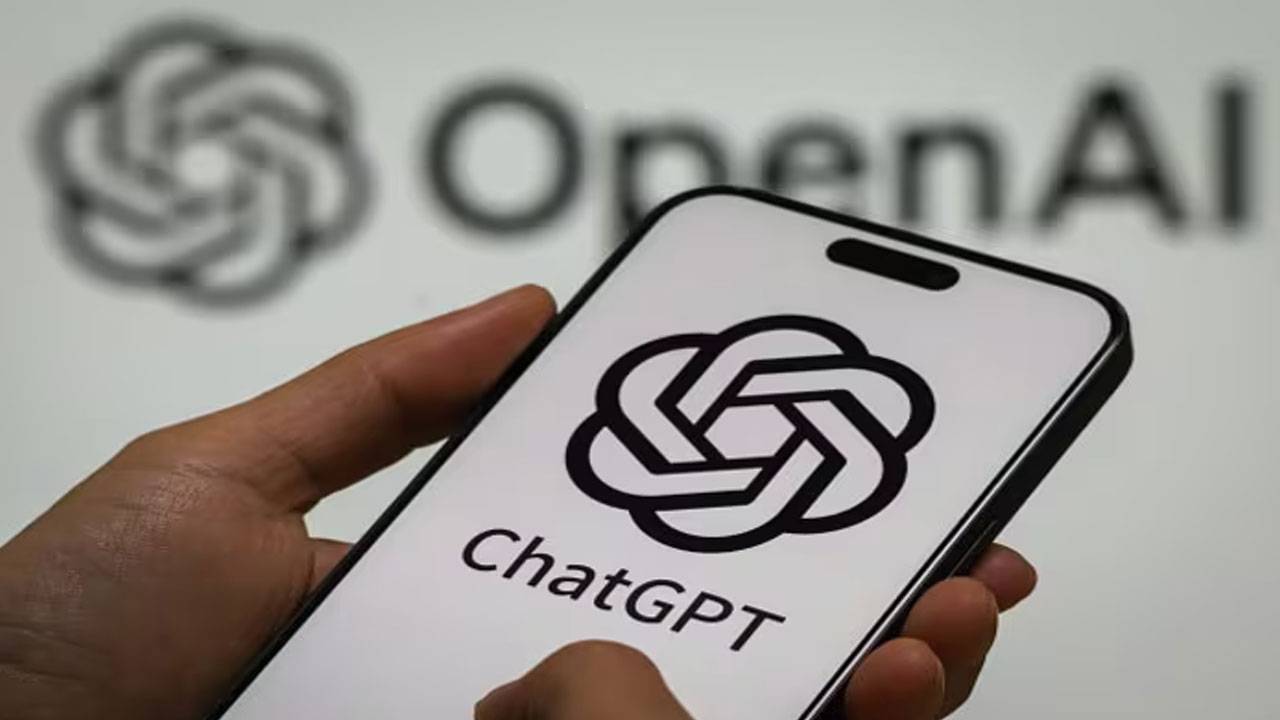OpenAI has subtly changed how ChatGPT responds to emotionally charged questions. Instead of direct advice, ChatGPT now offers gentle prompts encouraging self-reflection and exploration, prioritizing ethical responsibility over engagement.
The way ChatGPT reacts to users’ emotionally charged or life-altering queries has been altered by OpenAI in a subtle but important modification. Millions of people worldwide will be impacted when ChatGPT stops providing direct replies to questions about mental health, emotional discomfort, or extremely private choices as of August 2025. The AI now answers with mild hints that encourage self-reflection and exploration rather than giving advise like a digital therapist might.
The decision was made in response to rising concerns that individuals were utilising the AI for emotional advice as well as information, a function that OpenAI feels should only be performed by humans.
Why This Change?
OpenAI discovered that users were increasingly resorting to ChatGPT with enquiries such as “Should I leave my partner?” and “Am I making the right life decision?” These are extremely personal and emotionally difficult topics. While ChatGPT might produce meaningful replies, OpenAI recognised that providing counsel in such situations risked emotional overdependence and misguided faith in a computer. Rather of blurring the distinction between AI and human empathy, OpenAI chooses to prioritise ethical duty over engagement numbers. ChatGPT now provides non-directive replies rather than yes/no options.
These include open-ended questions, advice to examine alternative viewpoints, and encouragement to consult with trusted individuals or specialists. The purpose is to help consumers think rationally, not to make decisions for them.
This modification reflects a larger change in OpenAI’s perspective on the function of AI. ChatGPT isn’t meant to take the role of counsellors, make choices, or mimic emotional closeness. Rather of solving ambiguity for consumers, it is a thinking partner—a tool to guide them through it. OpenAI communicates that responsible AI usage entails understanding when to refrain from responding by placing a higher priority on trust than time-on-platform.
Rare but significant instances occurred earlier in 2025 when GPT-4o was unable to identify emotional warning signs in discussions. Even though they were rare, these incidents were sufficient to make OpenAI reconsider how the model ought to act in situations where users are at risk. The end effect is a clear demarcation around emotional assistance that prioritises ethical AI creation and safety.
